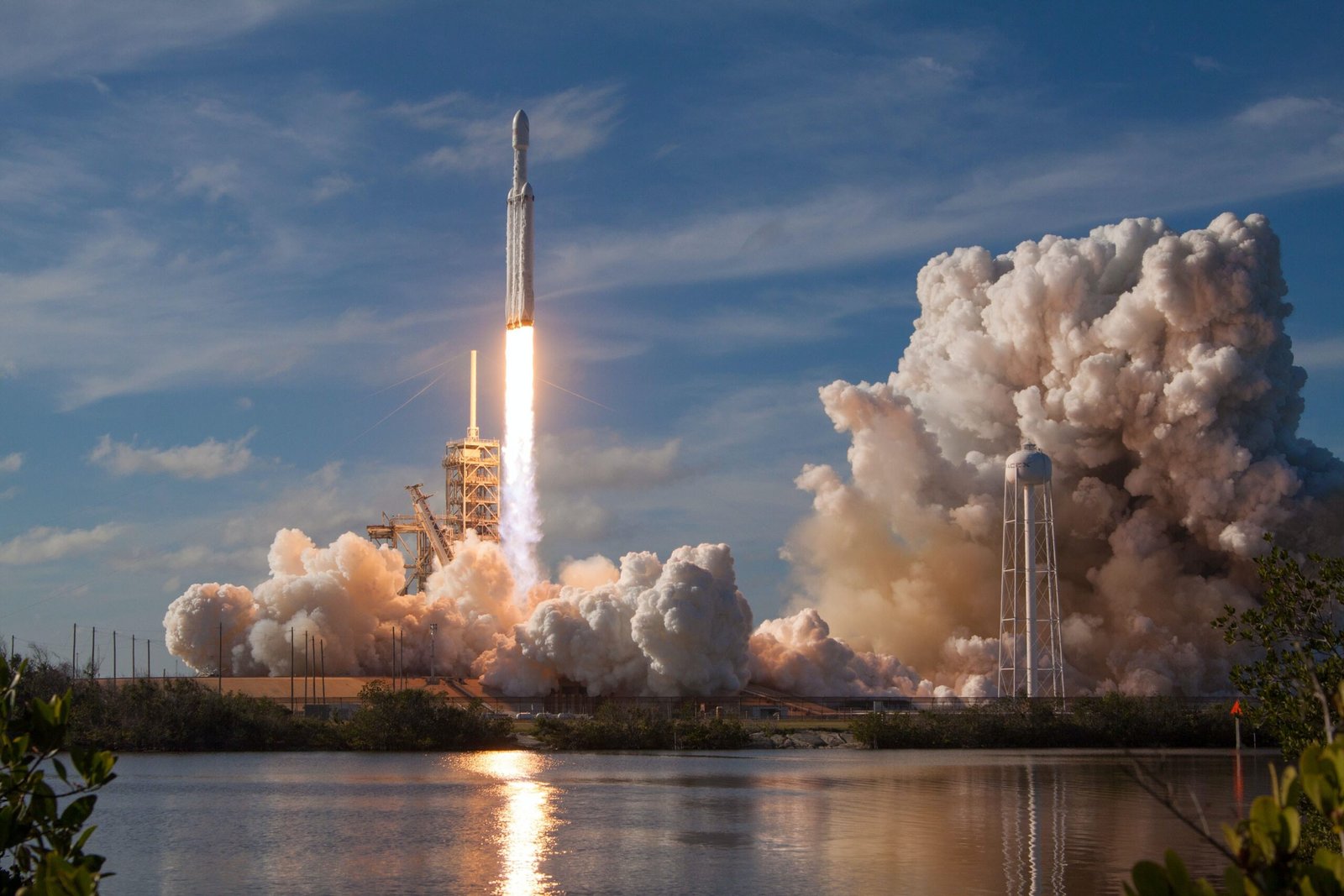The Fascinating World of Space Exploration

Space exploration has captivated the human imagination for centuries. From the first telescopes to the modern-day space missions, our quest to understand the universe has led to remarkable discoveries and technological advancements. In this blog post, we will delve into the exciting world of space exploration and explore its significance for humanity.
Unveiling the Mysteries of the Universe
One of the primary goals of space exploration is to unravel the mysteries of the universe. By studying distant galaxies, stars, and planets, scientists can gain valuable insights into the origins of our universe and the possibility of extraterrestrial life. Through telescopes and space probes, we have discovered exoplanets, black holes, and even evidence of water on other celestial bodies. Each new discovery brings us closer to understanding our place in the vast cosmos.
Technological Advancements
Space exploration has also been a driving force behind numerous technological advancements. The need to overcome the challenges of space travel has spurred innovation in various fields. From lightweight materials and advanced propulsion systems to life support systems and communication technologies, the technologies developed for space missions have found applications in everyday life. Satellites, for example, enable global communication and navigation systems, while advancements in robotics have revolutionized industries such as manufacturing and healthcare.
Expanding Human Knowledge and Understanding
Space exploration not only expands our knowledge of the universe but also deepens our understanding of our own planet. Studying other celestial bodies provides valuable insights into Earth’s geological processes, climate patterns, and the potential for sustainable resource management. For instance, studying Mars can help us understand the history of our own planet and provide clues about the possibility of life beyond Earth. Additionally, space exploration has contributed to our understanding of the fragility of our planet, leading to increased efforts to protect and preserve our environment.
Inspiring Future Generations
Space exploration has always captured the imagination of people around the world. The achievements of space agencies and astronauts inspire future generations to pursue careers in science, technology, engineering, and mathematics (STEM). The iconic images of astronauts floating in space and the breathtaking views of Earth from space have a profound impact on young minds, sparking curiosity and a desire to explore and discover. By investing in space exploration, we invest in the future of scientific innovation and the next generation of explorers.
International Collaboration
Space exploration has become a collaborative effort among nations. International partnerships allow for the sharing of resources, expertise, and costs, making ambitious missions possible. The International Space Station (ISS), for example, is a testament to the power of collaboration, with multiple countries working together to conduct research and experiments in microgravity. These collaborations foster diplomatic relationships and promote peaceful cooperation among nations, transcending political boundaries.
The Future of Space Exploration
As we look to the future, space exploration holds even greater promise. The advancements in technology, such as reusable rockets and private space companies, are making space more accessible and affordable. Missions to Mars and beyond are being planned, with the goal of establishing a human presence on other planets. Furthermore, the search for habitable exoplanets continues, raising the possibility of finding other worlds that could support life.
In conclusion, space exploration is a fascinating endeavor that pushes the boundaries of human knowledge and technology. It allows us to unlock the secrets of the universe, inspire future generations, and foster international collaboration. As we continue to explore the cosmos, we gain a deeper understanding of our place in the universe and the importance of protecting our own planet. The future of space exploration is full of possibilities, and it will undoubtedly shape the course of human history.






